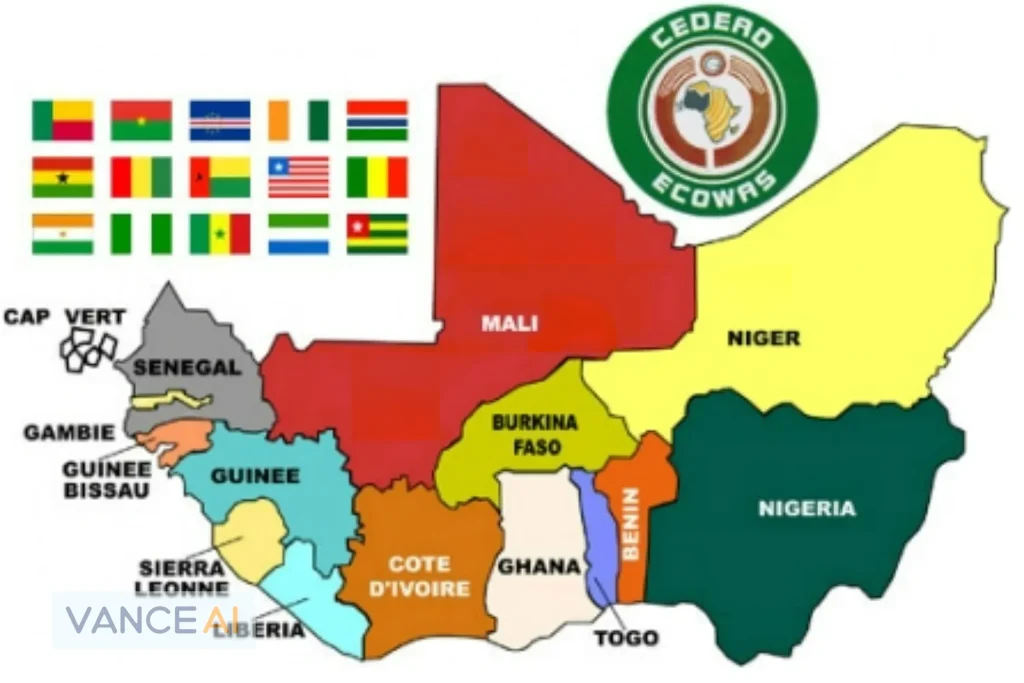Ivory Coast has announced its intention to explore the development of a central bank digital currency (CBDC), marking a significant move towards digital financial systems within West Africa. The initiative reflects the country’s broader efforts to modernize its financial sector, which aligns with a trend among African nations exploring digital currencies to enhance financial inclusion, streamline transactions, and reduce cash dependency.
The exploration into a CBDC is led by the Central Bank of West African States (BCEAO), which serves eight West African countries, including Ivory Coast. This collective interest among BCEAO member states aims to ensure a secure and efficient digital payment system. The planned digital currency would allow direct and secure transactions, particularly enhancing financial access in rural areas and providing a robust infrastructure to support digital economies.
The BCEAO has been actively studying various digital currency models, taking into account both risks and opportunities. This exploration involves consultations with stakeholders, including financial institutions and tech firms, to determine the feasibility of a digital currency that meets the region’s unique requirements, such as low transaction costs and offline accessibility. Similar CBDC projects across Africa, including in Ghana and Nigeria, serve as valuable case studies for Ivory Coast and the BCEAO, offering insights into the benefits and challenges associated with launching a national digital currency.
The CBDC initiative is part of Ivory Coast’s larger vision to leverage digital transformation across different sectors. With a rapidly growing digital infrastructure, the country is set to play a pivotal role in West Africa’s financial evolution. While specific timelines for CBDC implementation remain undetermined, the country’s commitment to digital financial innovation underscores its dedication to positioning itself as a leader in the region’s digital finance landscape.























